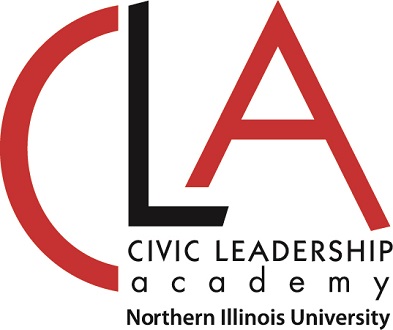2025-26 Civic Leadership Academy Program Series
Save the dates and sign up for our email list to receive course announcements and reminders from the Civic Leadership Academy and the Center for Governmental Studies.
Do We Need a Plan? Selecting the Right Plan and What to Expect from the Process
February 19, 2026, 9-10:30 a.m.
Presented by Mim Evans, M.S., Senior Research Associate, Center for Governmental Studies, Northern Illinois University
Online Webinar
Description
Sometimes communities find themselves faced with a pressing issue or an intriguing opportunity that they are not quite prepared to address. Or perhaps the general direction of the community's future has become a topic of discussion. In these moments, the call for "a plan" emerges, no matter the community's size, location or length of time since the last plan. Plans are an energizing process. They provide forums to exchange ideas and set future direction and priorities. But what kind of plan? Deciding whether a formal plan is necessary and, if so, what kind of plan it should be, can be challenging.
This class will present an overview of different kinds of plans often considered by local governments with the goal of aiding local staff and officials in deciding what plan to pursue. Additionally, what to expect from the planning process will be discussed. Examples of completed plans and statutory requirements will be presented. Types of plans covered will include comprehensive plans, strategic plans, economic development strategies, age-friendly plans, housing studies, and master plans focused on specific topics such as the arts, parks or downtown.
Objectives
- Participants will learn the purpose and content of different kinds of plans.
- Participants will understand the role of local staff, officials and a potential outside consultant.
- Participants will learn what to expect from the planning process including who may be involved, public participation, and communication.
- Participants will consider what happens after the plan is complete, including community expectations and implementation.
Addresses ICMA Practice Areas
2. Community Engagement
7. Strategic Planning
8. Policy Facilitation and Implementation
14. Communication and Information Sharing
Upcoming Events

Contact Us
Civic Leadership AcademyNorthern Illinois University
Monat Building
148 N. Third St.
DeKalb, IL 60115